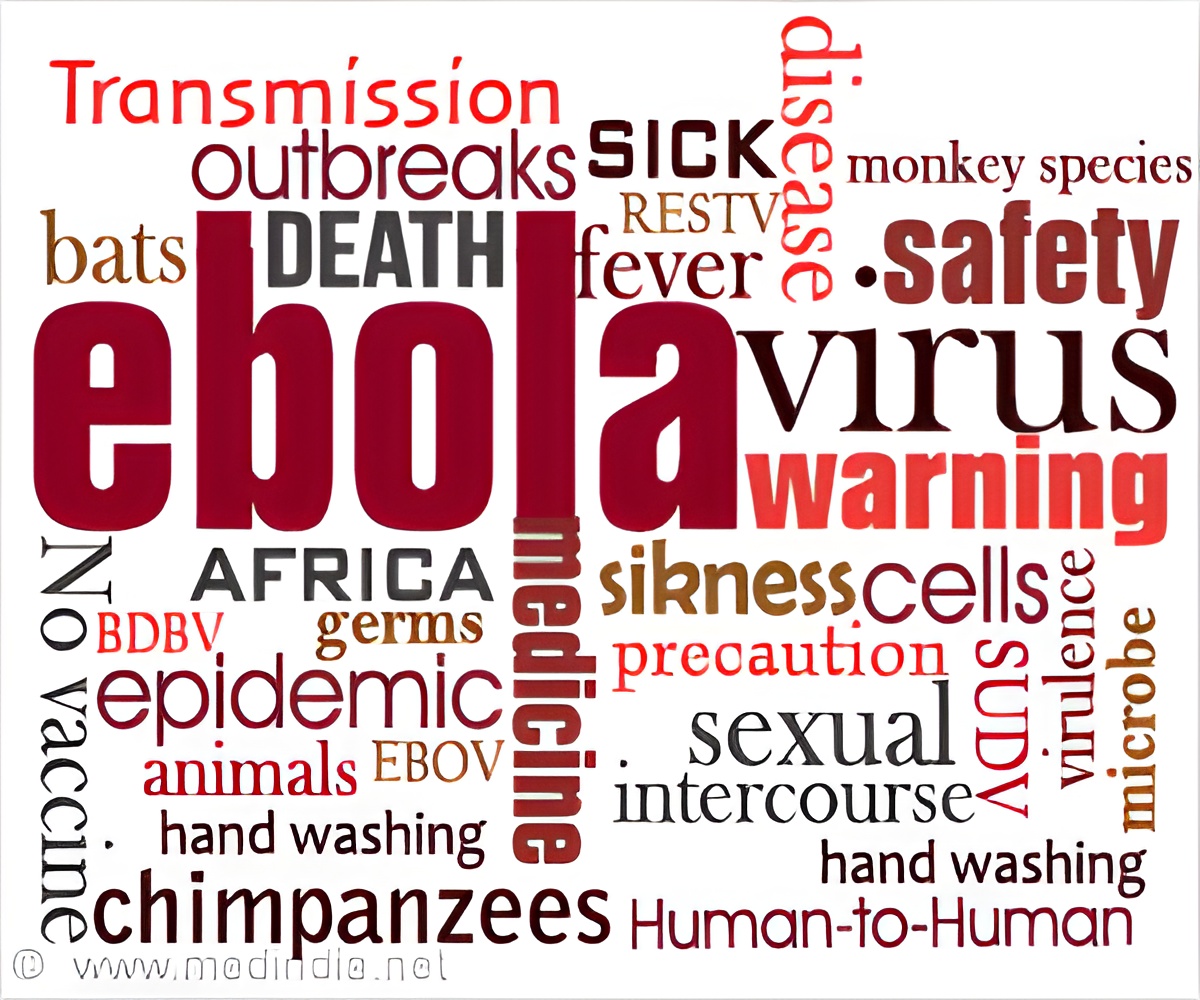Two antibodies developed by scientists could be used in a simple paper test to detect Ebola virus and the related Marburg virus.

Ebola and Marburg viruses can cause severe bleeding and organ failure, with fatality rates reaching 90 percent in some outbreaks. The diseases spread through direct contact with bodily fluids of an infected person, monkey, gorilla, chimpanzee or bat.
Ebola and Marburg belong to a class of viruses native to Africa called filoviruses. There are four known types of Ebola virus and two known types of Marburg virus. They are textbook examples of emerging diseases that appear quickly, often in remote areas with little or no public health infrastructure. There were major Ebola outbreaks in West Africa from 2013 to 2016. There is no effective vaccine or drug to treat the diseases.
Early symptoms of Ebola and Marburg, such as fever, headache and diarrhea, mimic more common diseases, so there's a critical need for a rapid diagnostic test. Such a test could help in efforts to limit outbreaks by quickly quarantining infected persons. But existing diagnostic tests either are inaccurate or are expensive and require extensive training to administer.
Antibodies could be key to diagnosing Ebola and Marburg viruses. An antibody is a Y-shaped protein made by the immune system. When a virus or other pathogen invades the body, antibodies mark it for the immune system to destroy.
Using a technology called cell-free ribosome display, researchers generated two synthetic antibodies that bind to all six Ebola and Marburg viruses. (The research involved the use of non-hazardous proteins that sit on the surface of Ebola and Marburg viruses. Because the actual viruses were not used in the study, there was no risk of infection to researchers or the public.)
Advertisement
Source-Eurekalert















